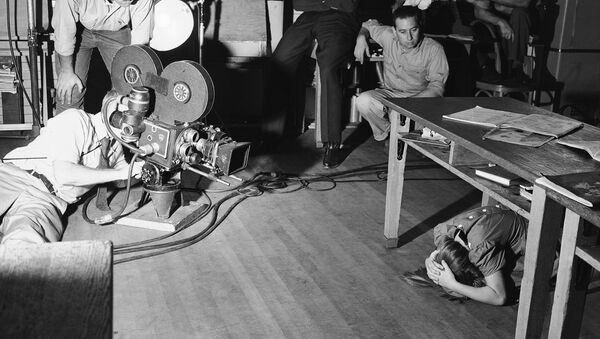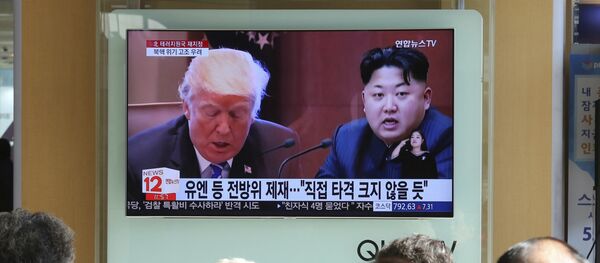While asserting that a nuclear attack on America remains unlikely, the Centers for Disease Control and Prevention (CDC) will nonetheless hedge their bets by releasing an updated set of guidelines for the new millennium.
Set for January 16, the CDC while stage a briefing for the press and public to update helpful tips on how to survive — for those that would want to live in a post-nuclear environment — the unthinkable.
Suggested to have been brought about by the unceasing commitment of current US President Donald Trump — and his North Korean counterpart Kim Jong-un — to keep ratcheting up their apparently limitless capacity for overheated nuclear rhetoric, the CDC will trot out agency speakers as well as those from the Food and Drug Administration to address "preparing for the unthinkable."
Talks will include potential response plans, available public health resources and other related issues, according to Defense One.
"While a nuclear detonation is unlikely," the CDC statement asserted, "it would have devastating results and there would be limited time to take critical protection steps."
The agency sought to remind US citizens that all hope would not be lost in the horrific event of a nuclear attack.
"Despite the fear surrounding such an event, planning and preparation can lessen deaths and illness," the CDC announced, adding breezily, "For instance, most people don't realize that sheltering in place for at least 24 hours is crucial to saving lives and reducing exposure to radiation."
As the late-20th-century pop singer once expressed: "the bomb will bring us together."



